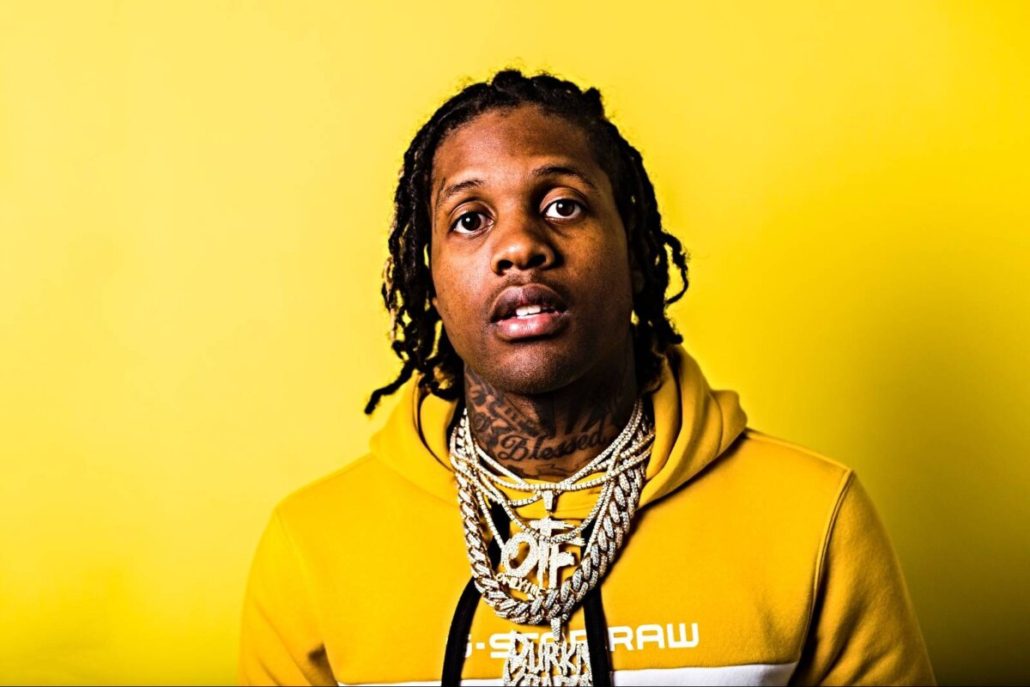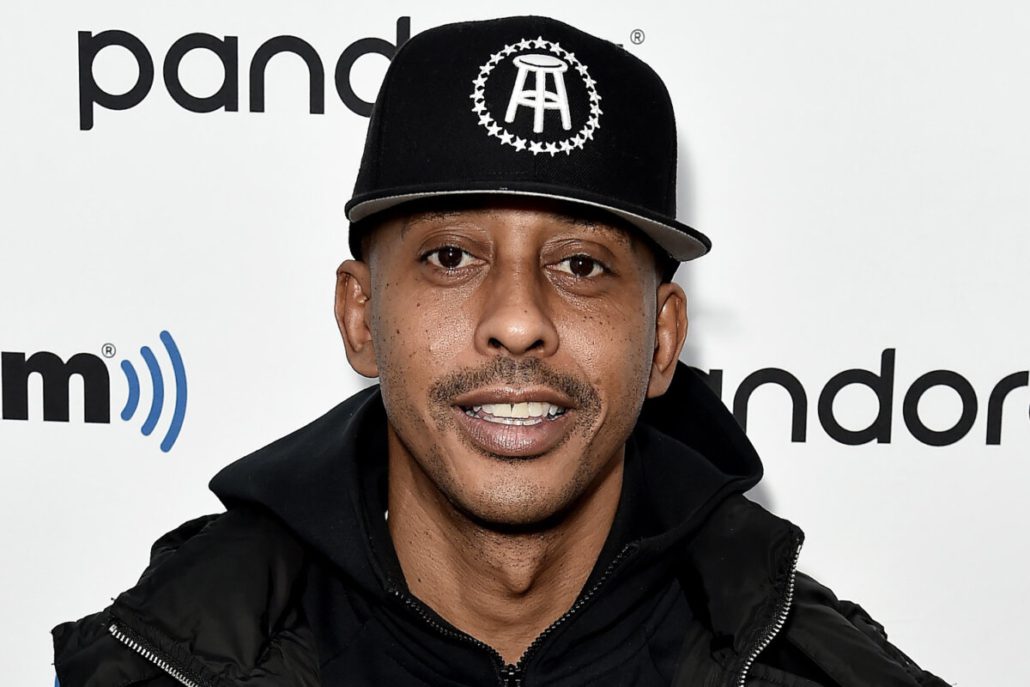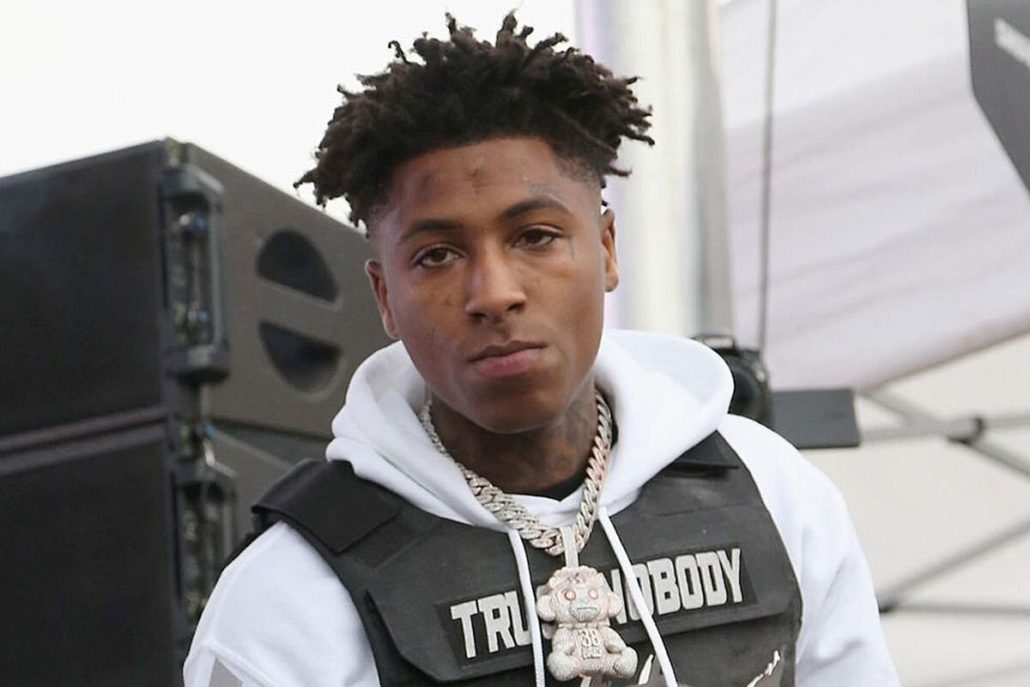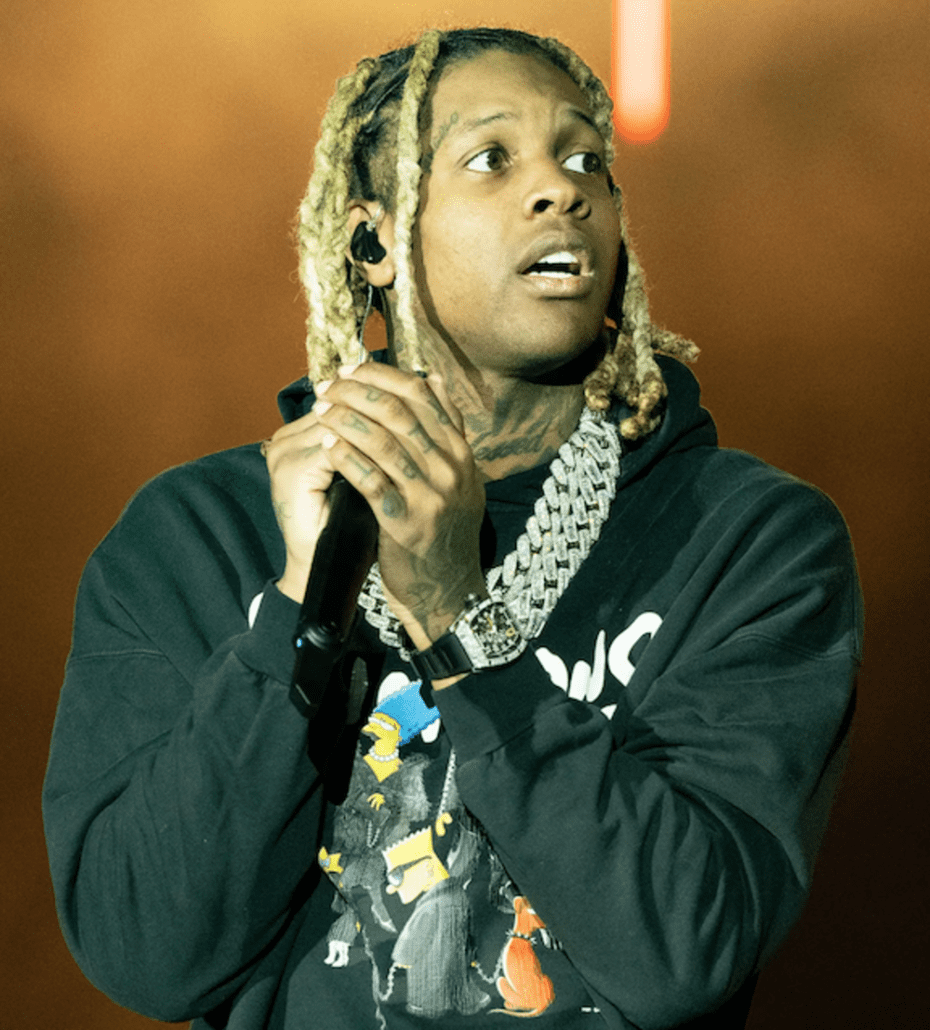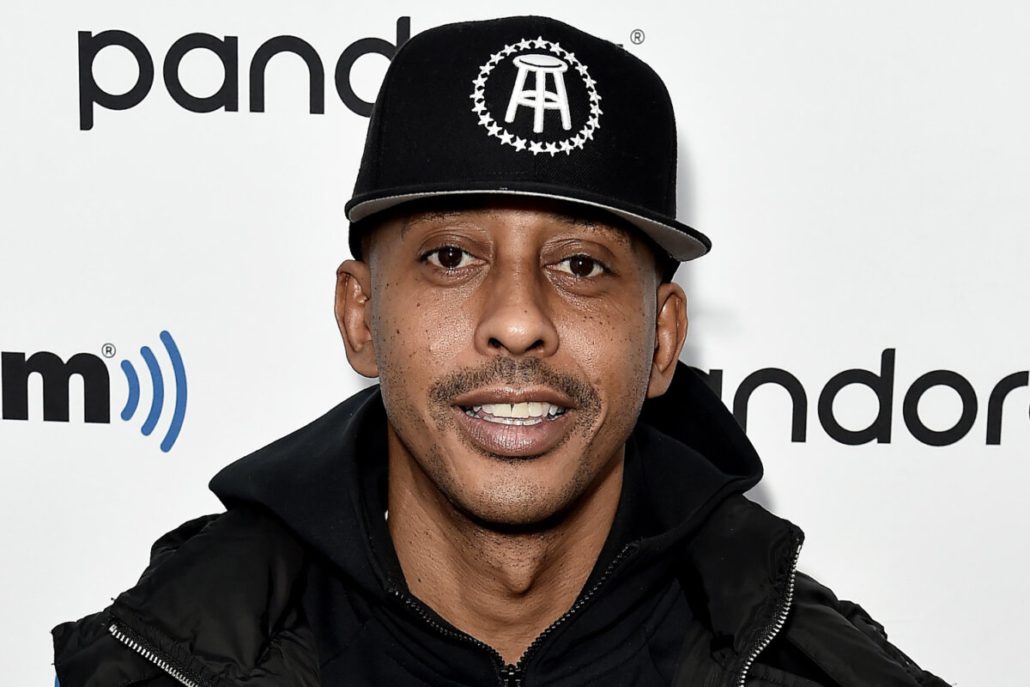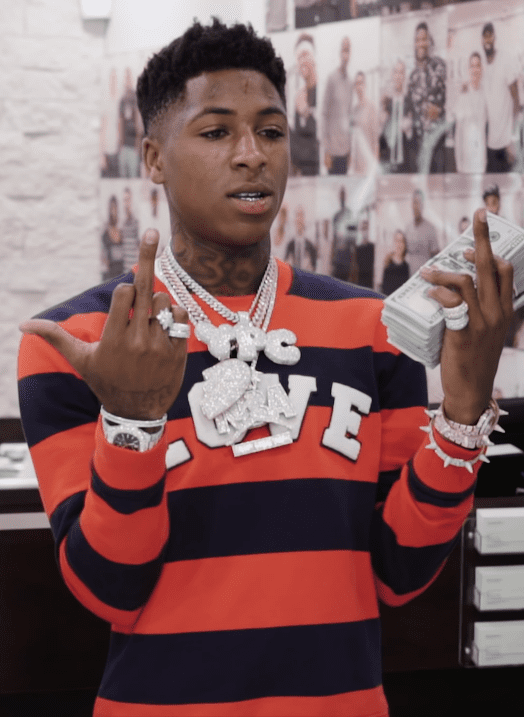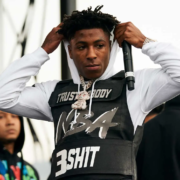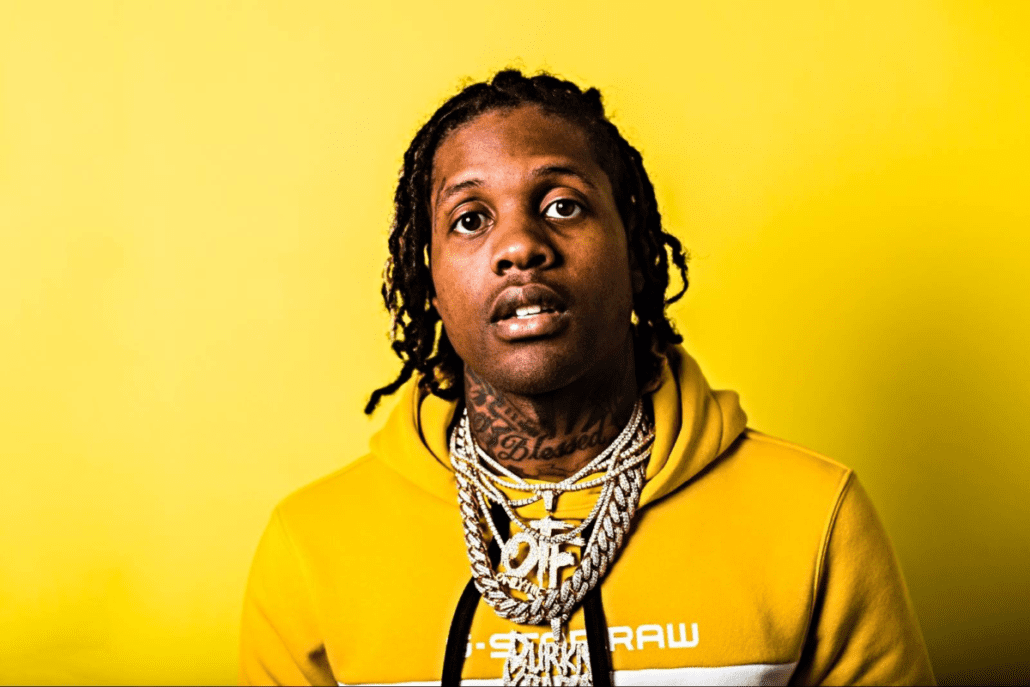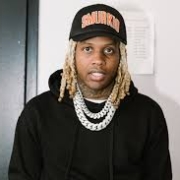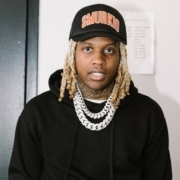Kanye Cuts Ties with Durk? Rapper Feels Betrayed by Lil Durk’s Lyric
In a surprising turn of events, Kanye West, better known as Ye, expressed deep disappointment with fellow rapper Lil Durk during an interview on “The Download” yesterday.
According to Ye, a lyric in one of Durk’s unreleased songs left him feeling “heartbroken.” The specific line? “‘Take the Yeezy shit off.'” Apparently, the line is repeated four times in the song, which Ye seems to have taken quite personally.
Kanye West and Lil Durk
While the full context of Durk’s lyric remains unclear, Ye’s reaction suggests a potential rift between the two Chicago rappers. Neither artist has commented further on the situation, leaving fans to speculate about the meaning behind the lyric and the future of their relationship.Kanye West and Lil Durk haven’t collaborated on music directly, but they share Chicago roots and have crossed paths a few times. There seems to be some mutual respect, with Durk featuring Ye on a song with Cardi B. However, tensions might be brewing after an unreleased Lil Durk lyric mentioning Yeezys apparently left Kanye feeling betrayed.



